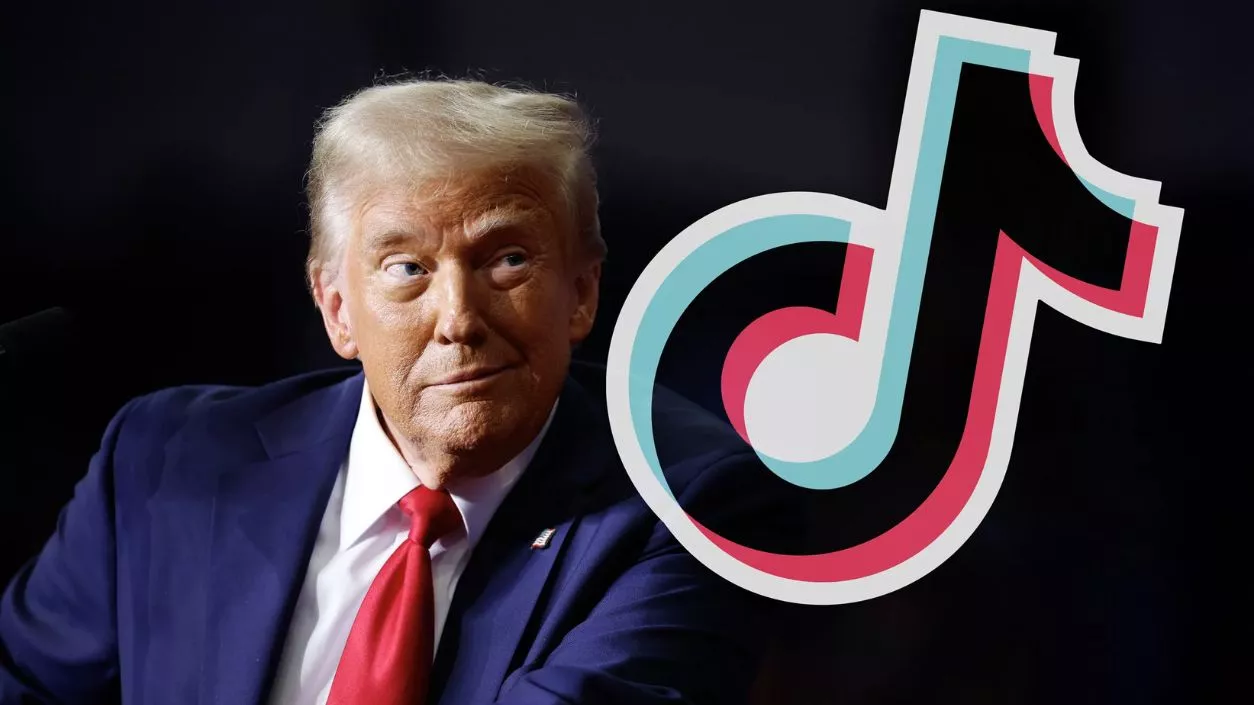.gif)
.gif)

US President Donald Trump confirmed on Monday that Microsoft is in talks to acquire TikTok’s U.S. operations, marking a key development in the ongoing discussions about the video-sharing platform’s future in the United States. Trump stated that multiple companies have expressed interest in acquiring TikTok, highlighting that Microsoft is one of the leading contenders. He emphasized the importance of ensuring that the U.S. has a significant stake in any deal, suggesting that the United States should hold a 50% ownership position in a potential joint venture.
The potential sale of TikTok’s U.S. operations is driven by concerns over national security, particularly regarding the app’s Chinese ownership through ByteDance. U.S. lawmakers and intelligence agencies have raised alarms about the risk of Chinese authorities accessing TikTok user data. Trump and other U.S. officials have argued that the app's ties to China present a national security threat. Trump has repeatedly stated that he wants a solution that removes Chinese influence over TikTok’s operations in the U.S., either through a sale to an American company or through restructuring the platform’s ownership.
In addition to Microsoft, other companies, such as Oracle and Walmart, have also expressed interest in acquiring TikTok’s U.S. operations. Trump had previously suggested that prominent tech figures, including Tesla CEO Elon Musk and Oracle’s Larry Ellison, could take control of the platform as part of efforts to eliminate its Chinese ownership. The president’s push for a U.S.-based ownership structure stems from concerns about the potential misuse of user data by the Chinese government, which could undermine national security.
Perplexity AI, a company with a proposal to resolve the situation, has suggested a merger with TikTok’s U.S. operations. This proposal also includes a joint venture with the U.S. government, giving the U.S. oversight over TikTok’s U.S. operations while allowing ByteDance to retain a stake in the platform. This would address national security concerns by ensuring U.S. control over decision-making processes in the country while maintaining some involvement for ByteDance in TikTok’s future in the U.S. However, this proposal is not yet finalized, and discussions about the specifics of the deal are ongoing.
The pressure on ByteDance to divest its U.S. operations follows the passage of a U.S. law earlier this year that mandates the company sell TikTok’s U.S. assets due to national security concerns. The law allows for a 90-day extension if a viable sale is underway, and President Trump issued an executive order extending the deadline by 75 days. This extension provides additional time for the negotiations to progress and allows TikTok’s operations to continue in the U.S. during the process. Despite the pressure from the U.S. government, ByteDance has resisted selling TikTok, and the company has expressed concerns about being forced to sell under duress.
On the legal front, the U.S. Supreme Court recently upheld a law banning TikTok due to concerns over national security risks tied to its Chinese ownership. However, Trump’s administration has provided a temporary reprieve for TikTok, offering clarity to service providers and ensuring they would not face penalties for continuing to operate the app. While TikTok remains unavailable for download in U.S. app stores, the app’s services are still operational in the country, and the legal and regulatory framework continues to evolve as discussions surrounding its ownership persist.